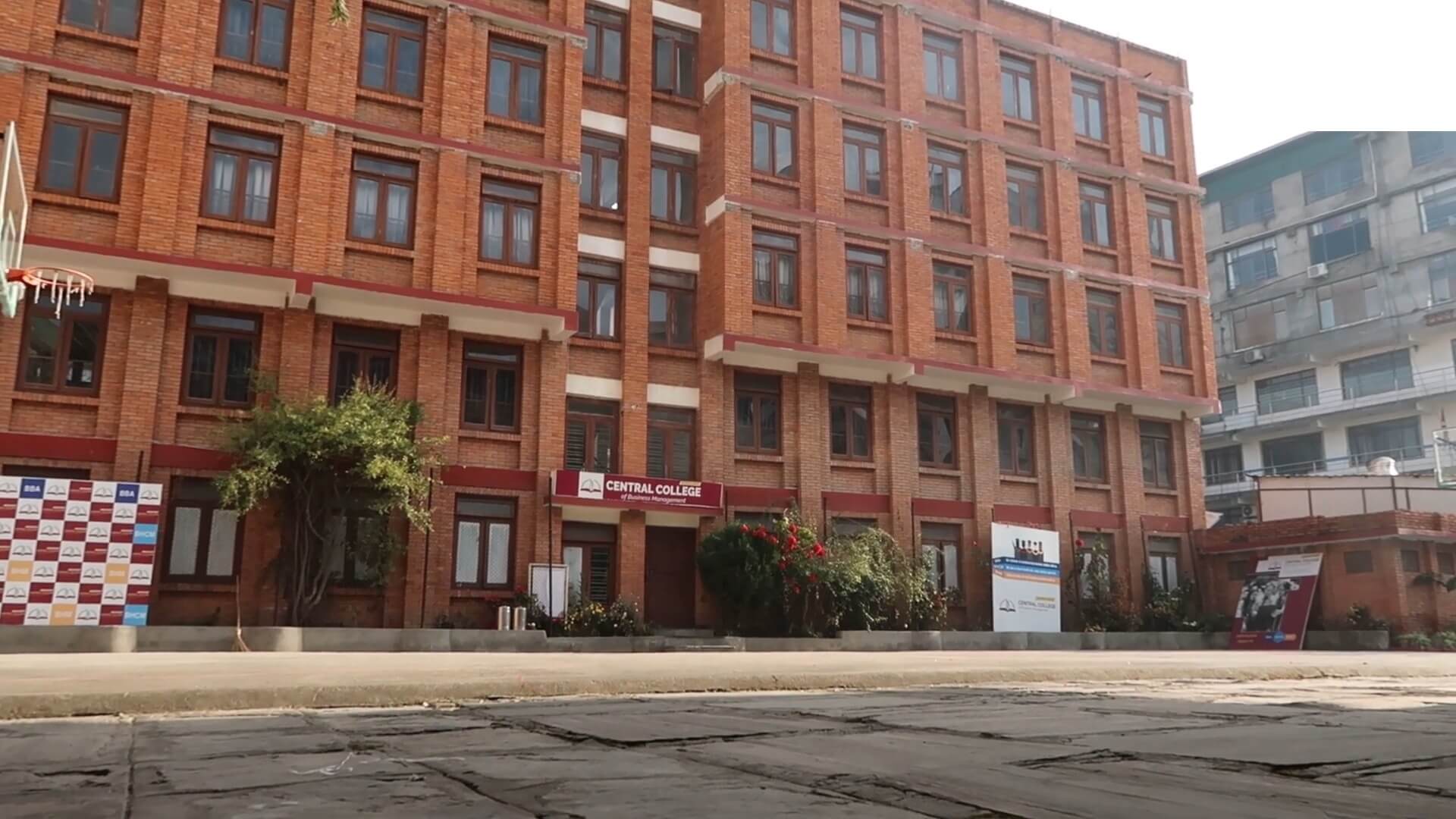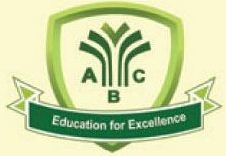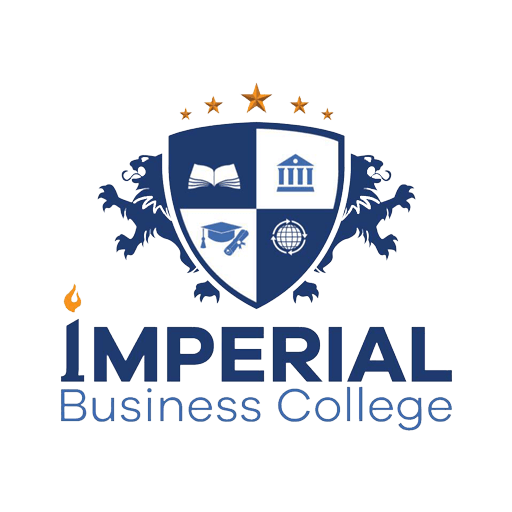Overview
Master in Health Care Management (MHCM) at Central College, Kathmandu
For healthcare professionals in Nepal aiming to enhance their expertise and leadership capabilities, the Master in Health Care Management (MHCM) program at Central College, Kathmandu, affiliated with Pokhara University, offers a robust pathway to career advancement. This graduate program is meticulously structured to provide complete knowledge and practical skills essential for navigating the complexities of the healthcare sector.
Located in Sinamangal, Kathmandu, Central College delivers a learning experience that includes academic excellence with real-world relevance. This makes it a prime choice for those seeking a rigorous and rewarding healthcare management education.

Curriculum Details
The MHCM curriculum at Central College is a two-year program organized into four semesters, requiring the completion of 60 credit hours. This structure ensures a balanced distribution of learning, incorporating core knowledge, specialized skills, and practical experience. The program is designed to be completed through coursework, a thesis, and a practicum, offering a well-rounded educational journey.
Semester I foundational courses include:
-
Health Care Organization & Management: Examining diverse healthcare organizations' structure and management principles.
-
Hospital Service Management: Focusing on the operational aspects and service delivery within hospital settings.
-
Health Economics: Analyzing economic principles and their application in healthcare systems.
-
Public Health Program Management: Exploring the management of public health initiatives and programs.
Students also select an Elective I course from options such as Health Environment, Health Communication, or Health System and Policy, allowing them to specialize initially based on their interests.
Semester II builds on this foundation with courses like:
-
Health Financing & Insurance: Delving into healthcare financing mechanisms and insurance models.
-
HRD & Organization Development in Health Care: Addressing human resources and organizational growth within healthcare.
-
Information Technology in Healthcare System: Exploring the role and application of IT in modern healthcare.
-
Quality Management in Healthcare Organization: Focusing on strategies and techniques for enhancing quality in healthcare services.
Elective II choices include Safety and Disaster Management, Health Project Management, or an Independent Research Study on a Selected Topic, providing further avenues for focused learning.
Semester III advances to more strategic and analytical subjects:
-
Research Methodology in Health Care: Developing skills in research design and methods specific to healthcare.
-
Epidemiology and Biostatistics: Learning to apply epidemiological principles and biostatistics in healthcare analysis.
-
Strategic Health Care Management: Examining strategic management approaches for healthcare organizations.
-
Health Care Evaluation: Focusing on methods for evaluating the effectiveness and impact of healthcare interventions.
For Elective III, students can choose from Recent Developments in Health Care, Leadership & Good Governance, Logistics and Supply Chain Management, or Healthcare Marketing, broadening their expertise in specialized areas.
Semester IV culminates in practical application and research:
-
Practicum: A 6-credit hour practical experience, providing hands-on exposure in a healthcare setting.
-
Thesis: A 9-credit hour research project, allowing students to explore a chosen healthcare management area and contribute new insights.
Objectives
The primary program objectives of the MHCM at Central College are to:
-
Develop practical leadership skills to manage and guide healthcare organizations through present and future challenges.
-
Enhance healthcare management skills across key functional areas such as finance, human resources, operations, and strategy.
-
Promote ethical healthcare leadership and decision-making that prioritizes patient welfare and organizational integrity.
-
Build management expertise in the context of the unique demands and complexities of the healthcare industry.
-
Prepare graduates to be proactive agents of improvement and innovation in healthcare delivery and administration.
Scope
The MHCM program scope is intentionally broad, covering various facets of the healthcare industry. It delves into hospital administration, healthcare policy, and managing diverse health systems. Graduates will be equipped to address challenges within different healthcare organizations, from hospitals and clinics to public health agencies and non-profits. The curriculum ensures students understand the interconnected nature of healthcare services and the factors influencing health outcomes at both organizational and population levels.
Learning Outcomes
After completion of the MHCM program, graduates will demonstrate enhanced learning outcomes, including:
-
Strategic thinking to formulate and implement effective healthcare strategies.
-
Enhanced healthcare decision-making capabilities, utilizing data and evidence-based approaches.
-
Proficiency in healthcare financial management, including budgeting, resource allocation, and financial planning.
-
Expertise in healthcare operations management, optimizing efficiency, and service delivery.
-
Strong understanding of healthcare policy analysis and its impact on organizational and community health.
-
Advanced research and analytical skills to address complex healthcare management issues.
Skill Development Modules
Skill development is central to the MHCM program and is achieved through various teaching methodologies. Case studies offer real-world scenarios for analysis and problem-solving. Group discussions promote collaborative learning and diverse perspectives. Project assignments allow for the practical application of knowledge, and field visits provide firsthand exposure to healthcare settings. This combination ensures students gain theoretical understanding and essential practical skills for immediate career application. The emphasis on experiential learning prepares graduates to confidently tackle the demands of healthcare management roles.
Teaching Methodology
The teaching methodology adopted in the MHCM program emphasizes interactive and student-centric learning. Interactive classes encourage active participation, discussion, and critical thinking. Seminars provide opportunities to engage with current topics and expert insights. Conferences, where applicable, may further broaden students' exposure to industry trends and research. This approach encourages a dynamic learning environment where students actively participate in their learning, enhancing their understanding and retention of complex concepts.
Faculty Expertise
The faculty expertise within the MHCM program is a significant asset. A mix delivers the program of experienced academics and healthcare professionals. This blend ensures students benefit from theoretical rigor and practical insights grounded in real-world experience. Faculty members are chosen for their deep understanding of healthcare management and commitment to student success.
Admission Requirements
Admission requirements for the MHCM program are designed to ensure that admitted students are prepared for graduate-level study in healthcare management. Applicants are typically required to hold a Bachelor's degree in a relevant field. Specific details regarding required academic backgrounds and any prerequisite coursework can be obtained from the Central College admissions office. Demonstrated English language proficiency is also a requirement for admission.
Career Opportunities
Career opportunities for MHCM graduates are diverse and expanding. Potential career paths include hospital administrator, healthcare consultant, healthcare policy analyst, clinical manager, and public health manager, as well as roles in pharmaceutical and healthcare technology companies. Graduates can find positions in hospitals, clinics, government health agencies, non-profit organizations, and private-sector healthcare businesses. The program is designed to prepare graduates for leadership roles across healthcare organizations.
Student Life and Extracurricular Activities
Student life at Central College provides a supportive and enriching environment for MHCM students. While the program's intensity is academically demanding, the college fosters a sense of community and encourages student networking opportunities. The college's student affairs department can provide details on specific extracurricular activities relevant to MHCM students, such as healthcare management clubs or professional development workshops.
Scholarships and Financial Aid
Scholarships and financial aid options are awarded to deserving students seeking to enroll in the MHCM program. Central College is committed to making quality education accessible and offers merit-based scholarships to recognize academic excellence.
Why Choose This Course?
Choosing the MHCM program at Central College offers several distinct advantages:
-
The serene learning environment is conducive to focused study and reflection.
-
Global career focus preparing graduates for opportunities both in Nepal and internationally.
-
Student-centric approach with interactive classes and personalized attention.
-
Hands-on experience through practicums and field visits, bridging theory and practice.
-
Job placement support and career counseling to support graduates' transition into professional roles.
Why Choose Central College?
Choosing Central College for your MHCM degree means selecting an institution known for:
-
Quality education in Kathmandu, with a strong reputation in management studies.
-
Being among the best colleges in Nepal for professional programs.
-
Experienced faculty dedicated to student success.
-
A supportive environment that enhances academic and personal growth.
Conclusion
The MHCH program at Central College is thoughtfully structured and designed to develop future healthcare leaders. The MHCM program equips graduates with the skills, knowledge, and ethical grounding to excel in the dynamic healthcare sector. It contributes meaningfully to improving health outcomes by combining a rigorous curriculum with practical learning and a student-centered approach.
MHCH Student Voice
With over a decade of experience in the healthcare industry, I recognized the need to strengthen my leadership and management capabilities to navigate its growing complexities effectively. Pursuing a Master's in Healthcare Management was the strategic choice that aligned with my career goals. This program has equipped me with advanced skills that enhance my expertise and empower me to make decisions that improve patient outcomes and drive organizational efficiency.
I strongly recommend the Master's in Healthcare Management program for healthcare professionals seeking to elevate their careers. It offers a rigorous blend of theoretical knowledge and practical application, making it an essential investment for those aiming to lead and innovate in the healthcare sector.
Poonam Gautam
Hospital Operation Manager, Nepal Cancer Hospital
MHCM 1st Batch, 2024
Contact Central College's administrative office for detailed information on the MHCM course, including fees, scholarships, facilities, counseling, eligibility criteria, etc.
















